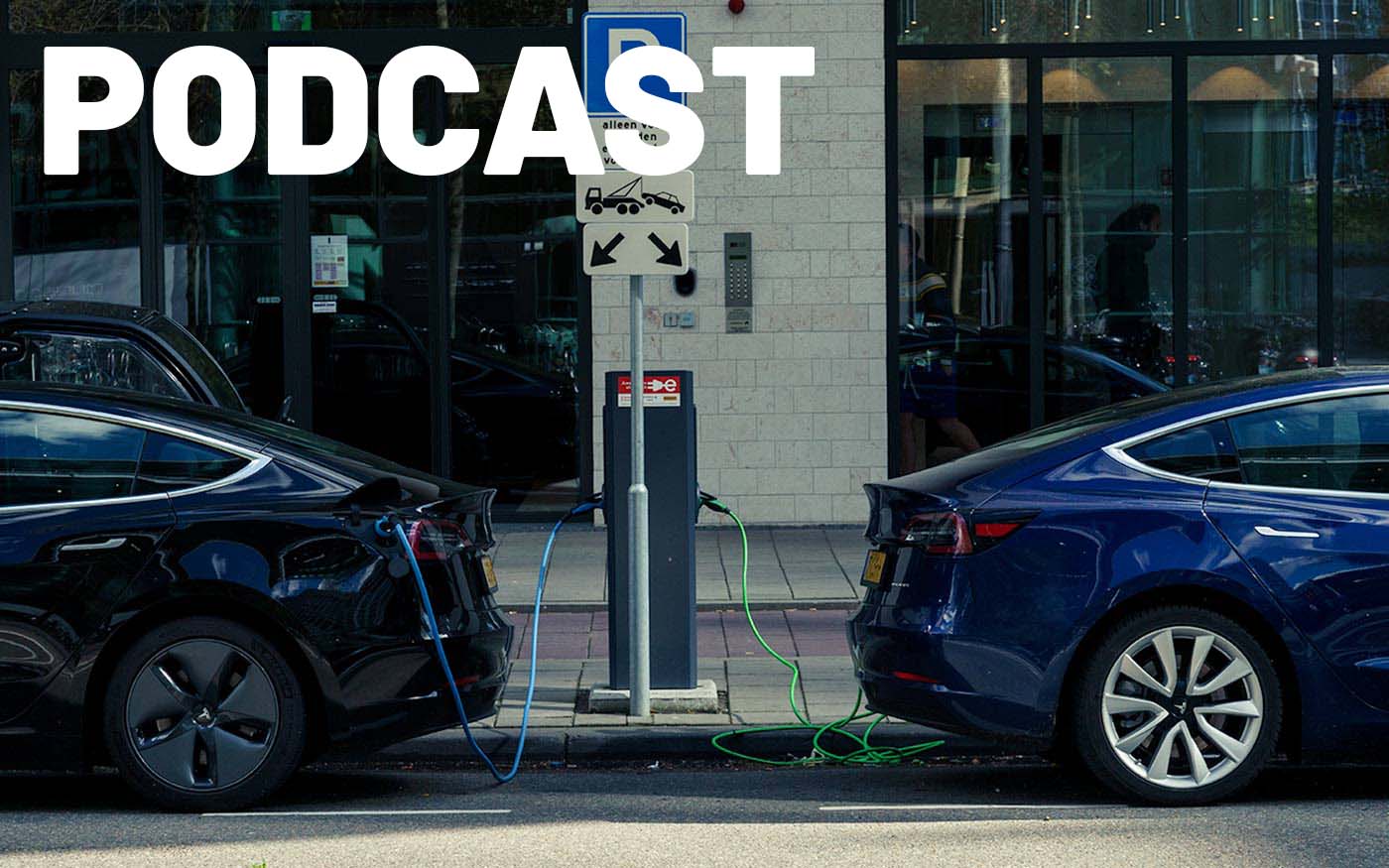Thank you for joining the Ross Republic podcast. In our fortieth episode, your host Adrian Klee is joined by Dee Mitra from Deutsche Bank to discuss how traditional banks can capitalize on embedded finance and banking-as-a-Service.
RR Podcast #40
Listen now on Spotify (link coming soon) / Apple Podcasts /Google Podcasts
In our latest podcast episode, I had the privilege of hosting Dee Mitra, the Managing Director and Head of BaaS (Banking as a Service) and Embedded Finance Platforms at Deutsche Bank. The episode sheds light on how Deutsche Bank is leveraging embedded finance to redefine banking experiences for its clients.
The new frontier in banking
Deutsche Bank stands as a key player in the global banking sector, continually adapting to the dynamic world of finance and fintech. One of the most impactful fintech business model shifts is embedded finance, i.e. the integration of tailored financial products into non-banking propositions. In the background, such services are enabled by banking-as-a-service providers, which are essentially APIs wrapped around the major functions of a bank. One example of how Deutsche Bank enters the embedded finance market is its API program, which offers services such as a Cash Account Opening API and Decoupled Wallet SDK, allowing for seamless access to banking data and services.
For a traditional bank, API-driven embedded finance offerings are a significant shift in how the bank’s end-users interact with financial products. Dee Mitra, with her extensive experience in leading Deutsche Bank’s embedded finance and BaaS initiatives, provides an insider’s view on the transformational journey from traditional banking to embedded banking ecosystems. Under her leadership, Deutsche Bank has embraced embedded finance, recognizing its potential to offer tailored financial products that enhance customer experiences directly at point of need. Our discussion delves into the factors driving Deutsche Bank’s decision to enter the embedded finance market, the strategic vision behind their offerings, and the challenges and opportunities this new banking paradigm presents.
